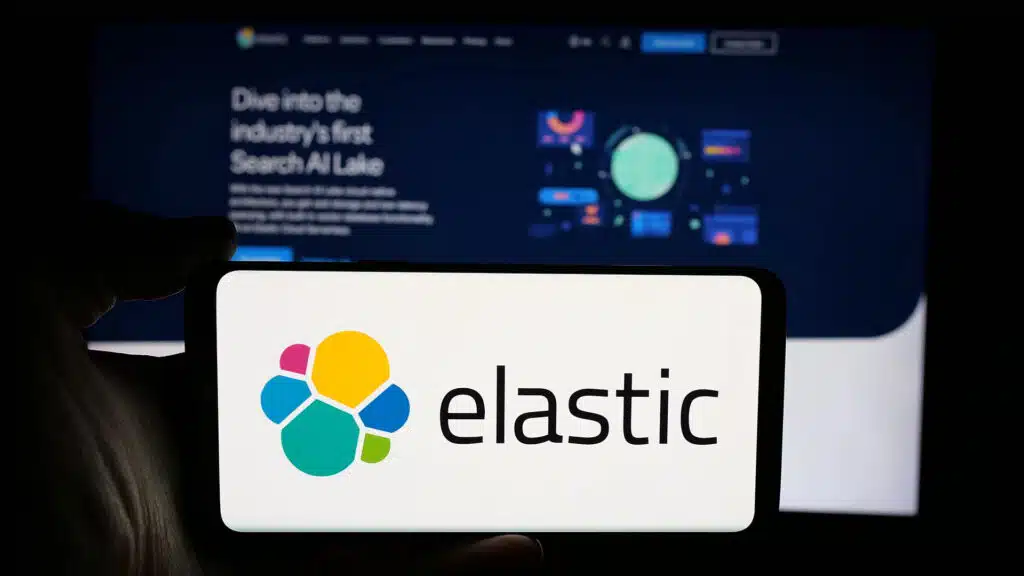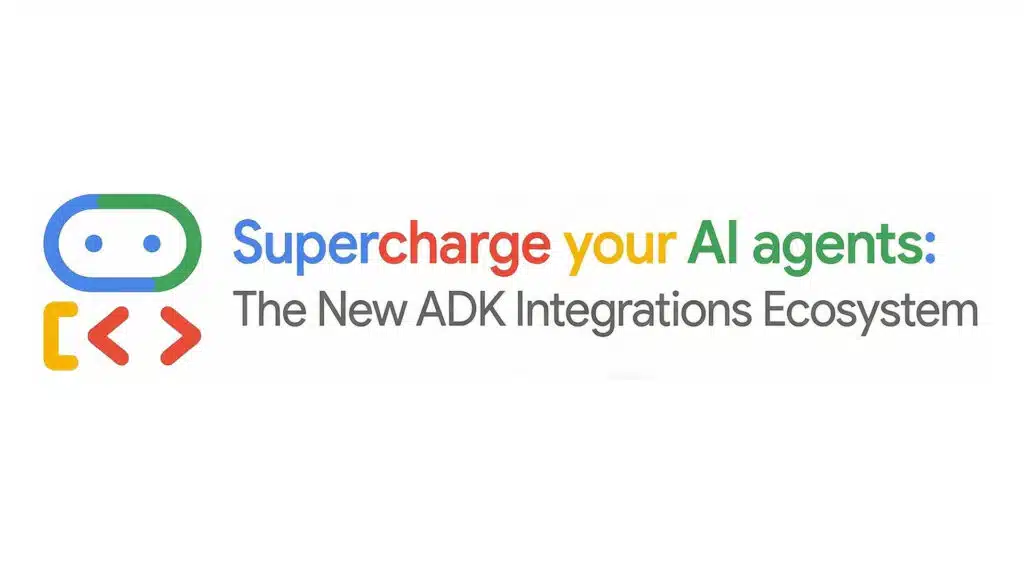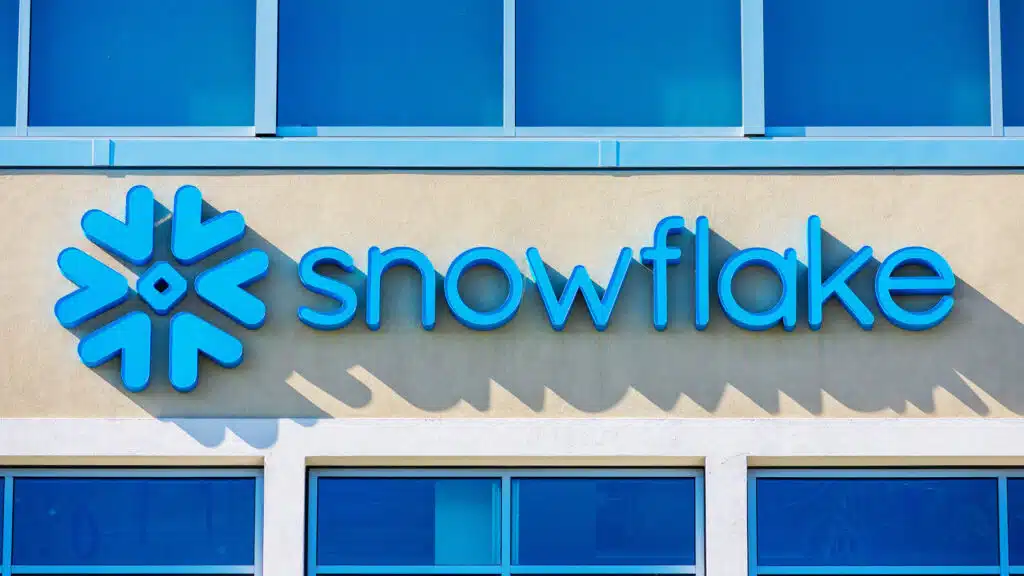Analyst(s): Mitch Ashley, Nick Patience
Publication Date: May 7, 2025
As the startup Windsurf and Cursor consider acquisition and funding options, OpenAI intervenes to acquire Windsurf, propelling OpenAI forward in its quest for leadership in the AI coding and agent development market.
What is Covered in this Article:
- AI technology leader OpenAI announced reaching an agreement to acquire Windsurf, a leading AI Integrated Development Environment (IDE) agentic tool startup company, for $3 billion.
- Windsurf marks the first acquisition of an AI IDE company by any of the major generative AI foundational LLM companies.
- Questions quickly surfaced about the possible impact of OpenAI and whether Windsurf will continue its broad support of LLMs.
- The deal could face added regulatory scrutiny over concerns that the combined companies could put OpenAI in a position that is too strong against competitors.
The News: On May 6th, 2025, OpenAI announced it reached an agreement to acquire AI IDE innovator Windsurf, formerly Codeium, at a substantial amount of $3 billion in the hotly contested AI development market. Windsurf is OpenAI’s largest acquisition, preceded by the acquisitions of Rockset (an all-stock deal), Multi (said to be an acqui-hire), and Global Illumination.
The acquisition garnered significant attention as Windsurf was pursuing a funding round at a $3 billion valuation, and ultimately agreed to the offer by OpenAI instead. OpenAI was pursuing Windsurf competitor Cursor, which did not materialize after the companies did not reach an agreed-upon price. Cursor closed an impressive $9 billion valuation funding round of $900 million, announced on May 5, 2025.
Windsurf marks the first acquisition of an AI IDE company by any of the major generative AI foundational LLM companies, including Anthropic, Google, and Meta AI. It is also worth noting that Microsoft, which acquired GitHub in 2024, invested $13 billion in OpenAI since 2019, and has closely partnered with OpenAI for its AI model capabilities.
Competing head-to-head with Cursor, Windsurf has distinguished itself among the development community with its Cascade agentic AI, local codbase indexing engine, Supercomplete, which predicts developers’ intent, and inline AI coding abilities. Up to this point, WindSurf has positioned itself as agnostic to all the major LLM companies, instead focusing on strong LLM integration, core AI features using its own proprietary models and indexing engine, and developer community engagement and adoption.
The OpenAI Windsurf announcement comes the same week IBM announced its own suite of AI offerings and upgrades at the IBM Think conference, including the watsonx Orchestrate integration framework, webMethods Hybrid Integration, Agent Catalog, Model Context Protocol (MCP) support, and LinuxONE 5, optimized for its z17 mainframe using Telum II processors.
OpenAI Windsurf Acquisition Sends Shot Heard Around the AI World
Analyst Take: The acquisition of Windsurf by foundational AI LLM company OpenAI marks a pivotal convergence point in the hotly contested and rapidly growing AI-powered software development tool markets. Cursor and Windsurf are the innovation leaders as the software development industry transitions from traditional software development methods and tools to AI-native, where generative AI, natural language, and agentic agents increasingly take on development tasks performed by developers today.
Strategic Development Market Focus
The deal is the latest move by OpenAI to diversify beyond being just a provider of LLMs to something broader and more defensible. With OpenAI’s move into search in late 2024 and its introduction of basic shopping search features in the past week, plus the persistent rumors that it’s experimenting with advertising on its platform, this deal demonstrates that OpenAI recognises being a pure-play LLM provider may not be a sustainable business, with the added drag of massive compute bills to pay.
The acquisition also impacts the broader AI coding assistant market, intensifying competition with GitHub Copilot, Amazon CodeWhisperer, Tabnine, and others. While GitHub Copilot already leverages OpenAI’s models, the Windsurf acquisition signals OpenAI’s intent to offer its own distinct developer tools. The Windsurf could create an interesting dynamic within the shifting Microsoft-OpenAI partnership.
The move to strengthen its AI coding tools capability puts OpenAI on a trajectory to capture its share of the lucrative AI development tools market. Futurum estimates AI Development Tools will reach $68 billion and 2.9% CAGR by 2029.
OpenAI has sharpened its focus on the software developer tools market by introducing a cadre of APIs and agent development capabilities. The Windsurf move comes on the heels of their March 2025 introduction of Responses API that complements its Assistants API for building agents, Agents SDK to orchestrate single-agent and multi-agent workflows, and integrated observability tools. OpenAI leadership shared that OpenAI is developing its own AI agent, A-SWE, to go beyond code completion and generation, which will create full apps, perform tests, and write documentation.
LLM Neutrality Questioned
Viewed as a key benefit by the development community, Windsurf’s ease with which developers can make their own LLM model choices immediately came under question as online development communities debated whether Windsurf would remain neutral to the use of LLMs from Anthropic, Google, Meta, and open-source alternatives. With the rapid advancements in commercial and open-source LLMs, developers have come to value benefiting from the latest in LLM code generation, model reasoning, and agentic agents.
The acquisition presents several challenges that OpenAI must tackle. Most importantly, OpenAI now competes directly with Microsoft and GitHub Copilot, which relies significantly on OpenAI’s Codex technology. This situation raises the question of whether Codex and Windsurf’s proprietary LLM technologies will function alongside each other or whether Windsurf’s LLM will be replaced in favor of OpenAI technologies. Windsurf’s proprietary LLM is unlikely to be replaced in the short term, as the model is recognized for its intelligent code retrieval and optimization and its ability to understand complex codebases that surpass what other tool vendors currently offer.
Conclusion
The agreement to acquire Windsurf signals a shift in the AI-powered development tools market and reshuffles the leading players. It begs whether and how major players like Microsoft, AWS, Anthropic, Google, and Cursor will respond.
OpenAI with Windsurf puts AI coding tool startups Cursor, Tabnine, Replit, and others in play for an AI or hyperscaler titan to sweep some of them up. Nvidia could even step in, acquire an AI coding tool company, and strengthen its GPU-accelerated software CUDA framework, bolstering its wall-and-moat software strategy. It also likely raises Cursor’s sale price beyond its recent $9 billion valuation.
The deal will receive significant regulatory scrutiny over concerns that the combined companies could put OpenAI in a position that is too strong against competitors. While it is still early in the AI coding and AI agent development market, competition among AI competitors is a particularly volatile concern that any one company achieves AI dominance over the market.
Innovations in AI’s impact on software development are occurring at breakneck speed across the industry, which we rarely experience. Futurum expects OpenAI’s move will spark a series of acquisitions and partnership moves over the coming months to shore up players’ positions in the market. Two things are certain with AI: expect change and lots of it.
What to Watch:
- OpenAI needs to quell the development community’s qualms over losing the flexibility to use their choice of LLM technology.
- Watch for statements or steps by OpenAI that indicate how tightly Windsurf and OpenAI’s technology will come together to the advantage of OpenAI over its competitors.
- Expect moves by Anthropic, Meta, GitHub, AWS, Google, or others to strengthen their position in the AI development tool space.
- Look for more advances in agentic agent capabilities focused beyond code generation that hold promise to benefit other work across the software lifecycle.
See the full OpenAI’s acquisition of Windsurf press release.
Disclosure: Futurum is a research and advisory firm that engages or has engaged in research, analysis, and advisory services with many technology companies, including those mentioned in this article. The author does not hold any equity positions with any company mentioned in this article.
Analysis and opinions expressed herein are specific to the analyst individually and data and other information that might have been provided for validation, not those of Futurum as a whole.
Other insights from Futurum:
Who Wins The Agentic AI Software Development Race?
Is OpenAI’s First Foray into Semiconductor Design a Threat to NVIDIA?
US Government Unveils $500B Stargate Alliance to Lead US AI Infrastructure Push







